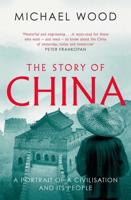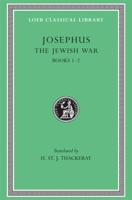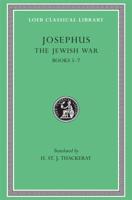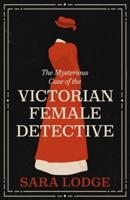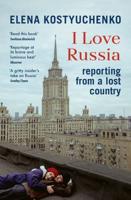Publisher's Synopsis
In late 1957, Xu Chengmiao, a journalism student in Shanghai, found himself at odds because of a poem about flowers. Why did his classmates, teachers, and eventually the full force of the Chinese state react so intensely to Xu's floral poetry? And what did it have to do with the Hundred Flowers campaign that had spread throughout China since 1956? In this captivating book, Dayton Lekner draws on interviews, archival, and literary sources to tell the story of the Hundred Flowers, from its early blooms to its transformation into the Anti-Rightist campaign. Focusing on the Chinese writer, he shows that literary circulation and practices that had long characterized China not only survived under Maoism, but animated political and social movements. He relocates creative writing not in tension with Maoist era politics, but as a central medium of the revolution.


